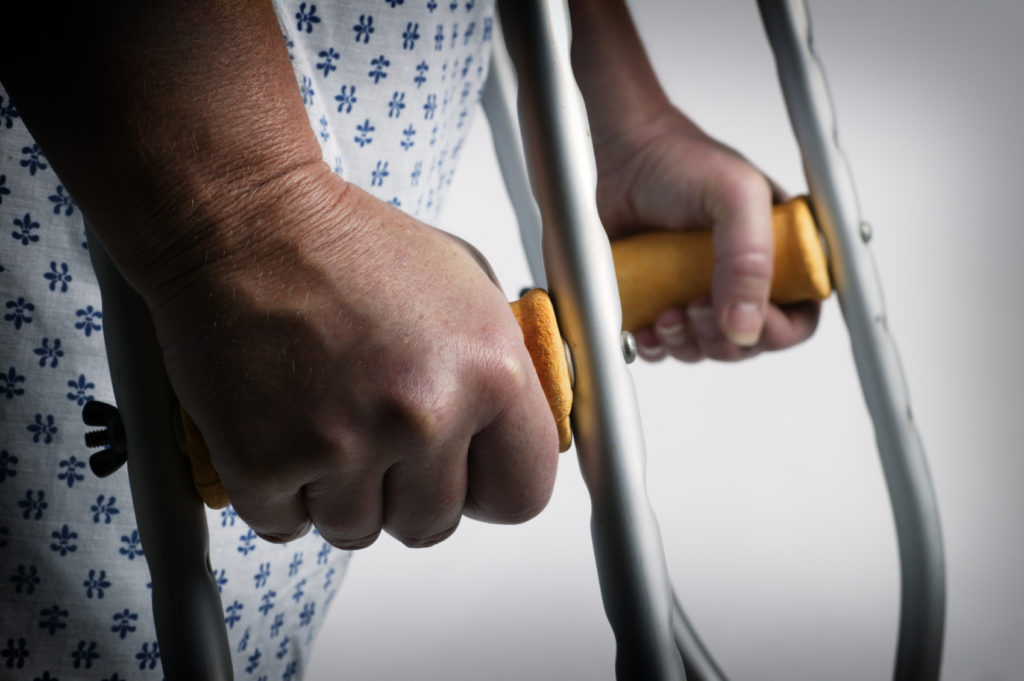CHICAGO, IL – Traumatic brain injury (TBI) occurs when the brain sustains damage due to a violent blow or jolt to the head or body. The sudden impact can cause the brain to collide with the inside of the skull, resulting in various degrees of injury. TBIs can range from mild concussions to severe, life-altering conditions, depending on the force of the impact and the area of the brain affected.
Understanding the implications of brain injuries in car accidents is crucial, as they can lead to significant losses and expenses. Victims may face challenges such as missed work, mounting medical bills, and the inability to enjoy life as they did before the accident. These injuries can have long-lasting effects on physical, cognitive, and emotional well-being, impacting the individual and their loved ones.
In brain injury cases resulting from car accidents, liability and compensation are vital considerations. The person responsible for causing the accident due to negligence or recklessness may be legally liable to compensate the injured party. Compensation may cover various damages, including medical expenses, lost wages, pain and suffering, and rehabilitation costs.
Seeking legal assistance in a personal injury case, especially involving brain injuries, is essential for several reasons. A skilled attorney can help evaluate the case, gather evidence, and protect your rights throughout the legal process. Additionally, having legal representation can give you confidence as you pursue a just outcome, whether through settlement negotiations or courtroom litigation.
Spectrum of Brain Injuries
Various types of brain injuries can result from the traumatic impact of car accidents due to the sudden and violent motion or collision the head may endure. Below are commonly identified brain injuries:
- Concussions: This type of injury temporarily affects brain functioning. Victims may experience symptoms such as memory loss, persistent headaches and difficulty concentrating. Concussions can range from mild to severe and require medical evaluation.
- Contusions: These are bruises on the brain and may cause bleeding and swelling within the brain tissue. Contusions can be severe and sometimes require surgical intervention to alleviate pressure.
- Penetrating injuries: When an object breaks through the skull and enters brain tissue, a penetrating brain injury occurs. This type of injury can be life-threatening and typically requires immediate medical attention.
- Diffuse axonal injuries: This injury involves the tearing of the brain’s long connecting nerve fibers (axons) when the brain shifts and rotates within the skull. They are often the result of strong rotational or shaking forces and can disrupt normal brain function.
Understanding the diverse types of brain injuries that can result from car accidents is essential for recognizing symptoms, seeking timely medical intervention and pursuing appropriate legal recourse to work toward compensation.
Establishing Liability for Brain Injuries
Establishing fault is the preliminary step in determining liability for brain injuries in car accidents. The party responsible for the accident is often liable for the resulting injuries.
Determining fault involves a thorough investigation by law enforcement officials and sometimes accident reconstruction experts to gather facts and ascertain the cause of the accident. Moreover, the victim must demonstrate that the at-fault party breached their duty of care and that this breach directly resulted in the brain injury. Breaches can stem from behaviors such as violating traffic laws or driving recklessly. The victim can also use documentation of their medical diagnoses, treatment related to the injury and expert testimonies to demonstrate fault.
Also playing a role in establishing liability is evidence, which is any tangible or intangible item that can used to support the victim’s claims. Evidence might include traffic surveillance footage, eyewitness accounts, vehicle damage reports and medical records. Accurate and prompt evidence collection is paramount in constructing a compelling case to attribute fault and make a compensation claim.
Pursuing Compensation
When it comes to recovering from the aftermath of a brain injury caused by a car accident, financial compensation is crucial in managing medical costs and associated life changes. Compensation is often available for medical bills, rehabilitation costs, lost wages, future earnings potential, pain and suffering, emotional distress and loss of life’s enjoyment.
Factors affecting compensation hinge on the brain injury’s specifics. The severity of the injury and the treatments necessary to address it are paramount in determining the value of a claim. You should contact an experienced personal injury attorney in Chicago to help determine the value of your claim.
The Importance of Legal Representation
The road to recovery for individuals who have experienced traumatic brain injuries following a car accident is often complex and fraught with legal intricacies. It is essential for victims to understand their legal rights and to seek experienced legal counsel to navigate these complex processes.
Personal injury lawyers can navigate the medical aspects of these cases, appropriately documenting the extent of the injuries and establishing the correlation between the accident and the injury. They also have the resources to consult with medical experts who can testify on the injury’s long-term implications.
Call (312) 384-1920 or fill out this form to get started today!



